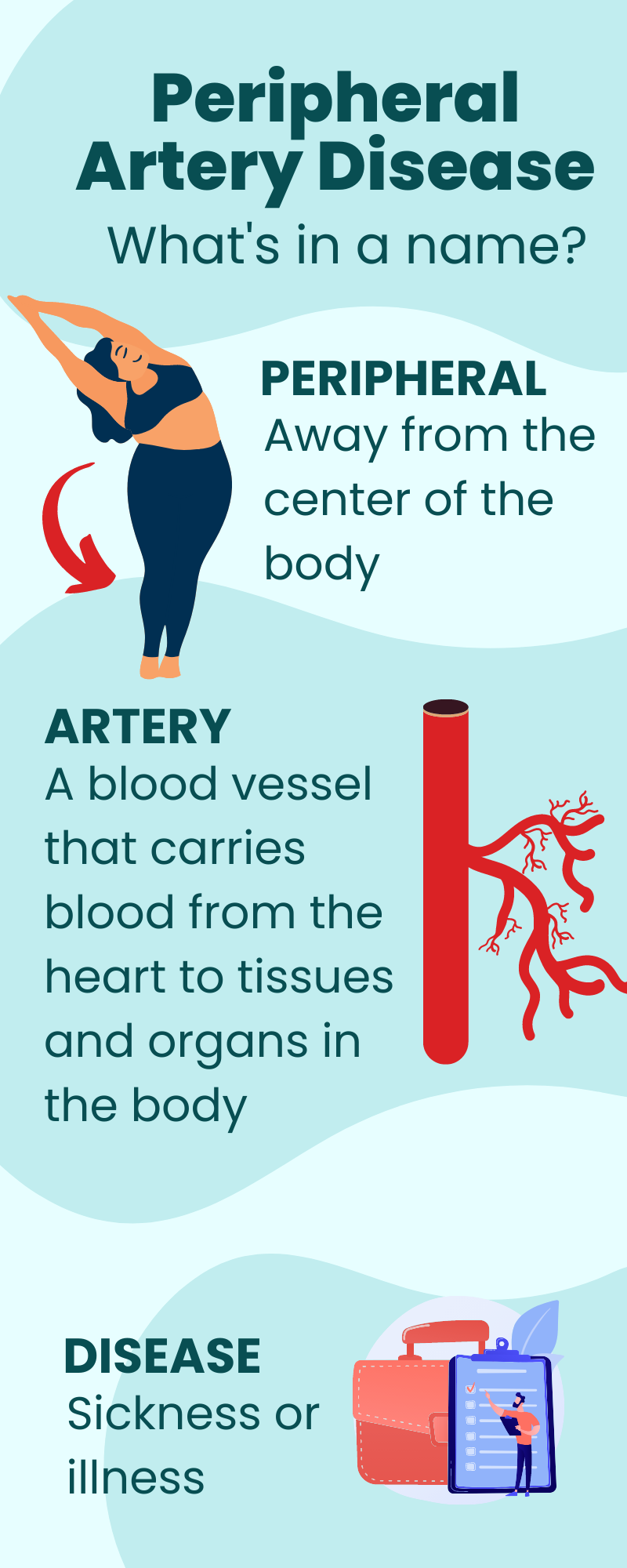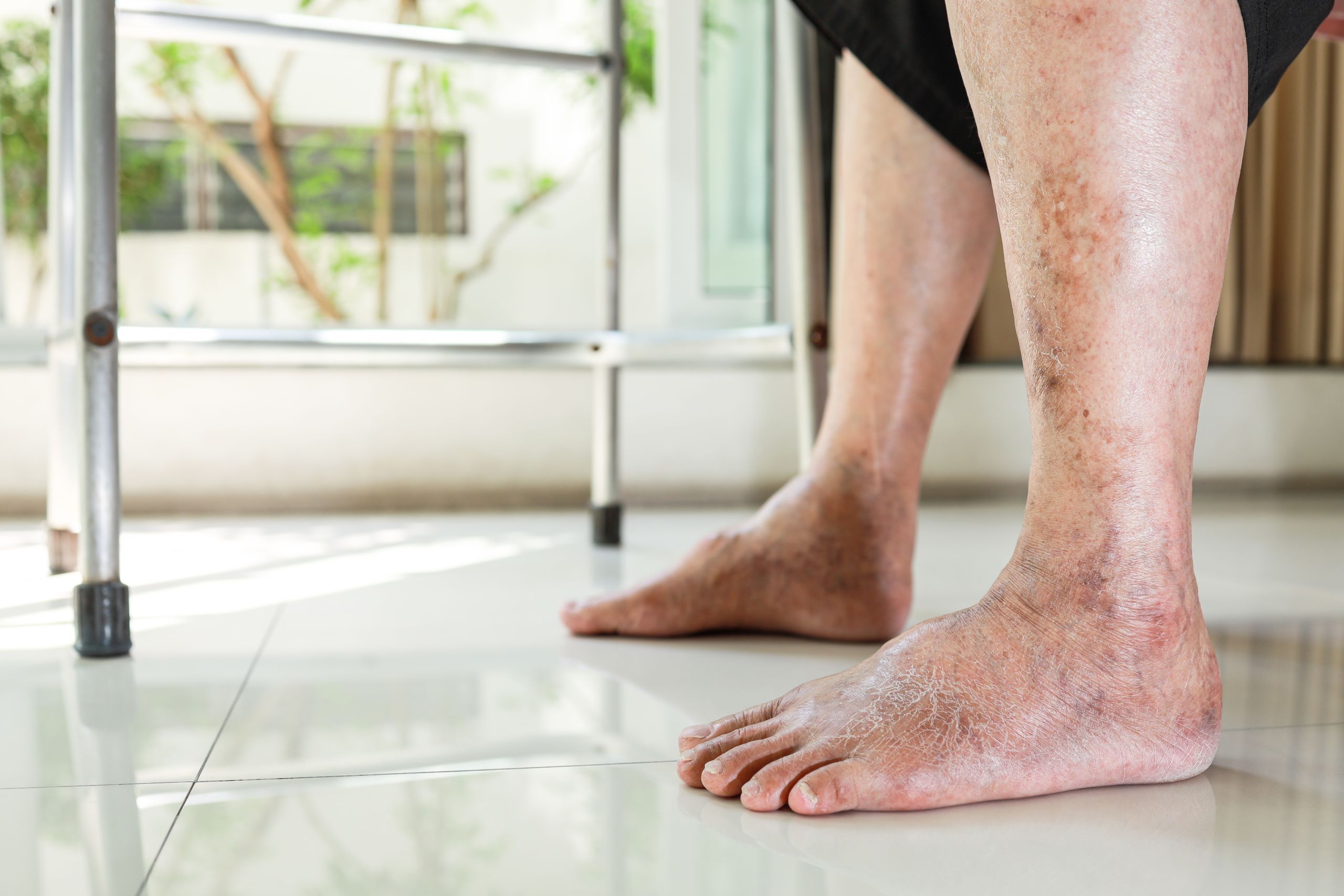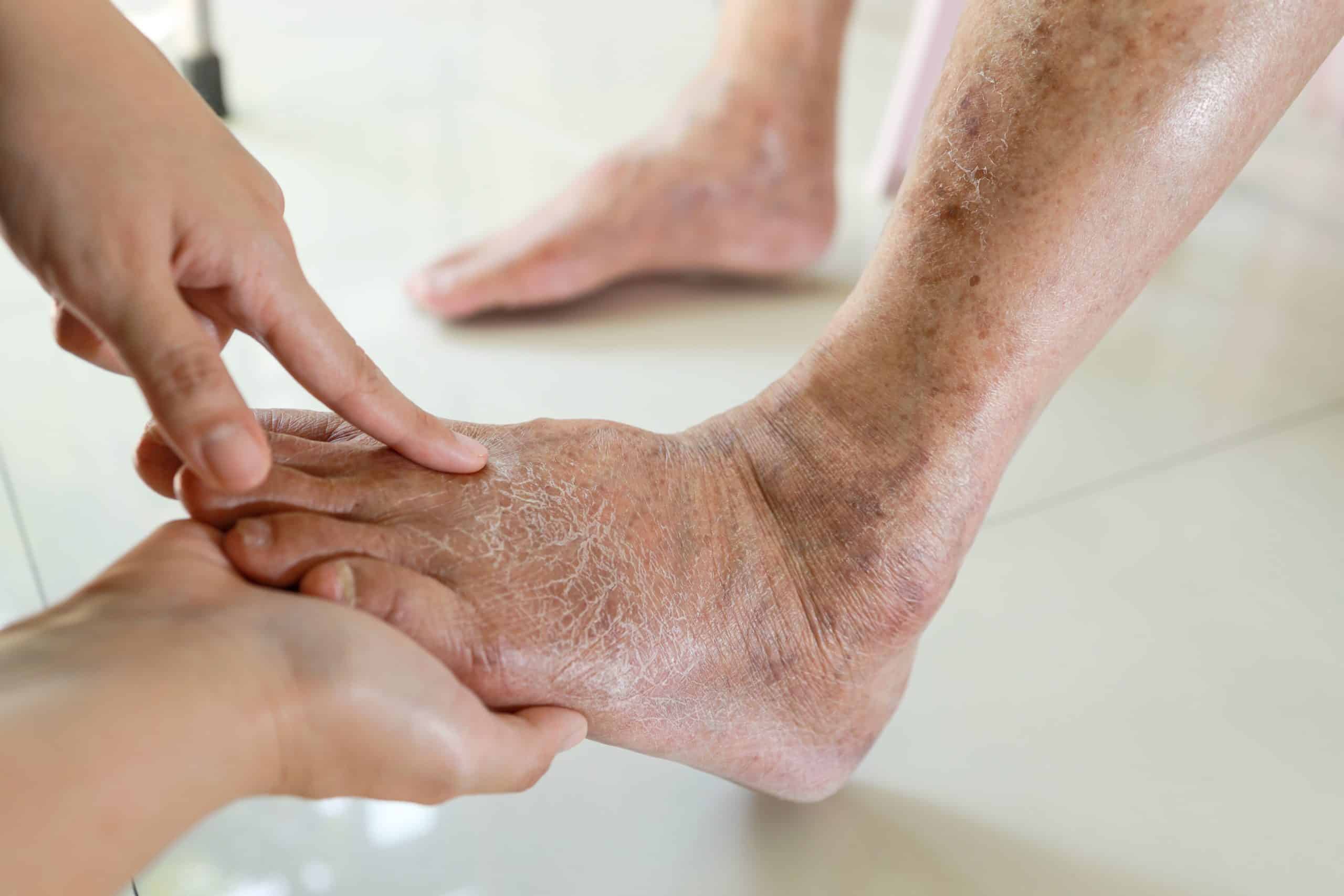How Do You Know If You Have Peripheral Vascular Disease When we make questions in the present simple we use do does for almost every verb Do you like chocolate The main verb is like Does she live in Madrid The main verb is live Do
We use auxiliary do not auxiliary be for questions with main verbs in the present simple Do you live in an apartment Not Are you live in We use does not do for the third person in the When you do something you take some action or perform an activity or task Do is often used instead of a more specific verb to talk about a common action involving a particular thing For
How Do You Know If You Have Peripheral Vascular Disease

How Do You Know If You Have Peripheral Vascular Disease
https://d16qt3wv6xm098.cloudfront.net/D8yIIlmWS6mLb4SZUBAMzv5DQR2LErX5/_.png

Peripheral Arterial Disease Relieve Foot Pain Leg Pain
https://www.bioped.com/wp-content/uploads/2023/01/03-Skin-Toes-Plantar-PeripheralArterialDisease.png

Peripheral Vision Test What Is It Warby Parker
https://www.warbyparker.com/learn/wp-content/uploads/2023/01/peripheral-vision-test-driving.jpg
The meaning of DO is to bring to pass carry out How to use do in a sentence Feasible and Doable What is the difference between DO DOES DID and DONE in English We explain the difference between these words and include example sentences Free English Courses
In conversation the verb do is often used instead Let me do the dishes Michael said he would do the kitchen floor It s your turn to do the table Do is often used with nouns ending in ing to do To do is to act perform or undertake When you do chores you engage in the activity of cleaning the kitchen or taking out the trash Do is one of the most frequently used verbs in English
More picture related to How Do You Know If You Have Peripheral Vascular Disease

Peripheral Artery Disease The Foundation To Advance Vascular Cures
https://images.squarespace-cdn.com/content/v1/633ba514bb0a7342b4a41bc8/5d04494e-a8ac-4593-bfac-eba8f7e0417c/The-Foundation-to-Advance-Vascular-Cures-Peripheral-Artery-Disease-Definitions.png?format=2500w
:max_bytes(150000):strip_icc()/stills-disease-overview-41772311-5c366f3ec9e77c0001d4df7d.png)
Still s Disease Symptoms Treatment And Prognosis
https://www.verywellhealth.com/thmb/mO6PTksulQFt1HjJZxoZWJit9dg=/750x0/filters:no_upscale():max_bytes(150000):strip_icc()/stills-disease-overview-41772311-5c366f3ec9e77c0001d4df7d.png

The 5 P s Circulation Assessment Acronym Osmosis
https://d16qt3wv6xm098.cloudfront.net/SDX_poz9TqGbvh572U3S9JwoQla_R5ms/_.png
used in negative sentences before the word not unless the main verb is be I do not like you I don t care I didn t see you last night used in certain inverted constructions before the 4 days ago nbsp 0183 32 It has five different forms do does doing did done The base form of the verb is do The past simple form did is the same throughout The present participle is doing The past
[desc-10] [desc-11]

Wat Is Veneuze Insuffici ntie De Nationale Trombose Dienst
https://denationaletrombosedienst.nl/wp-content/uploads/2022/09/NTD-Wat-is-veneuze-insufficientie-scaled.jpg

Peripheral Arterial Disease Prevention Sanara MedTech
https://sanaramedtech.com/wp-content/uploads/2022/10/Peripheral-Arterial-Disease-PAD-scaled.jpeg
How Do You Know If You Have Peripheral Vascular Disease - To do is to act perform or undertake When you do chores you engage in the activity of cleaning the kitchen or taking out the trash Do is one of the most frequently used verbs in English